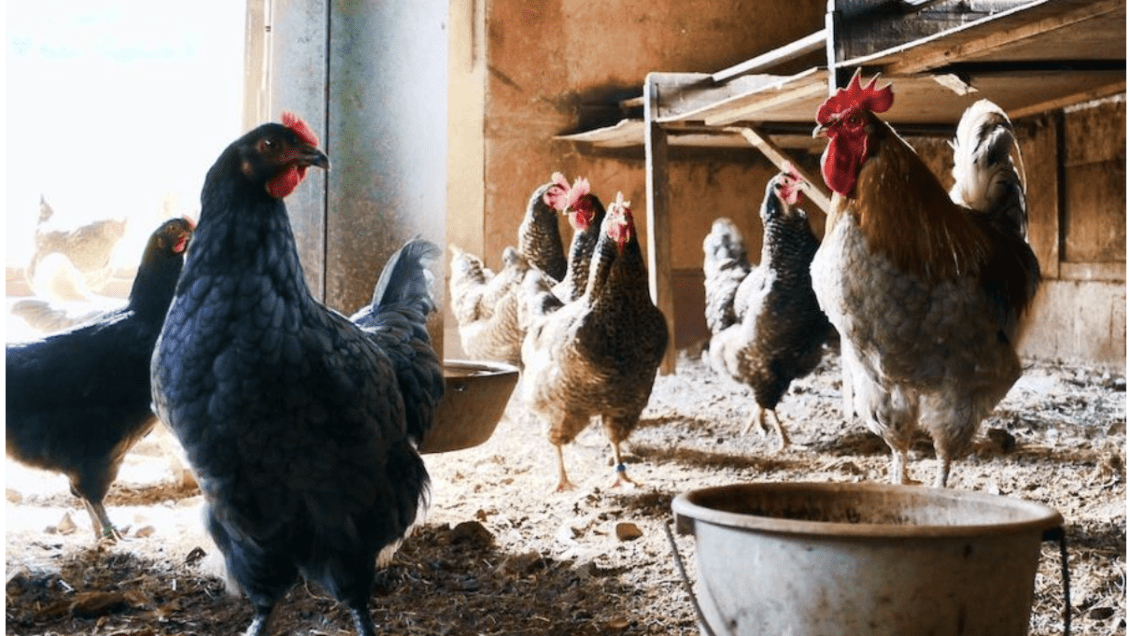COLUMBIA – A mixed flock of domesticated birds on a Beaufort County farm tested positive for a Eurasian strain of Highly Pathogenic Avian Influenza (HPAI) that is affecting 45 states across the country.
Dead birds were submitted to the Clemson Veterinary Diagnostic Center (CVDC), and a positive identification was confirmed on Nov. 3 at the United States Department of Agriculture’s Animal and Plant Health Inspection Service (APHIS) National Veterinary Services Laboratories in Ames, Iowa.
This is the first confirmed positive case in a flock of domesticated birds in South Carolina since April 2020, when a different strain of HPAI was detected in a turkey flock in Chesterfield County. A wild duck harvested by a hunter in Colleton County on Jan. 13, 2022, was found to be infected with the same strain of Eurasian H5 type of HPAI.
“The flock’s isolated location makes us confident the disease was transmitted by wild birds and gives us a tremendous advantage in preventing its spread,” said State Veterinarian Michael Neault, who directs Clemson Livestock Poultry Health (LPH), which includes the CVDC.
APHIS is working closely with state animal health officials on joint incident responses. State officials quarantined the affected premises, and the birds will be depopulated to prevent the spread of the disease. Birds from the flocks will not enter the food system. As part of existing avian influenza response plans, Federal and State partners are working jointly on additional surveillance and testing in areas around the affected flocks in the U.S.
HPAI is considered low risk to human health according to the U.S. Centers for Disease Control, but is highly contagious to other birds, including commercial and backyard flocks of poultry. While the virus is also not considered a food safety threat, infected birds do not enter the food supply.
“Commercial and backyard poultry operations must remain alert to this disease, especially during fall and winter when waterfowl are migrating and wintering in South Carolina. The positive flock in Beaufort County reinforces the need for commercial operations and backyard flock owners to continue following strict biosecurity measures, including keeping birds enclosed without access to wild birds or other domestic flocks,” said Neault.
For information on biosecurity measures, visit the LPH Poultry Disease website or the USDA’s Defend the Flock Program website.
Report sick or dead poultry to Clemson Livestock Poultry Health by calling 803-788-2260 (Monday – Friday, 8:00 AM – 4:30 PM) or using the online report form. Report sick or dead wild waterfowl to the South Carolina Department of Natural Resources by calling 803-734-3886.
The warning signs of HPAI include:
- Reduced energy, decreased appetite, and/or decreased activity
- Lower egg production and/or soft-shelled or misshapen eggs
- Swelling of the head, eyelids, comb, and wattles
- Purple discoloration of the wattles, comb, and legs
- Difficulty breathing, runny nares (nose), and/or sneezing
- Twisting of the head and neck, stumbling, falling down, tremors, and/or circling
- Greenish diarrhea
Get in touch and we will connect you with the author or another expert.
Or email us at news@clemson.edu

